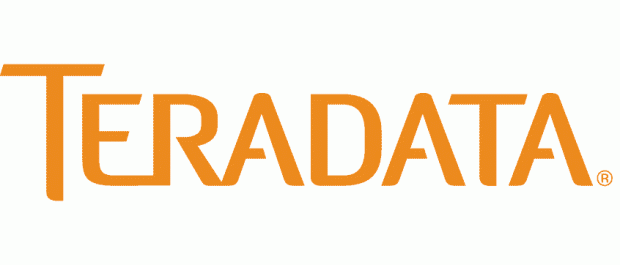Analytics solutions provider Teradata has released new hybrid-cloud management capabilities to better compete with rising pressure from both open source and commercial solutions.
Teradata Everywhere expands support for existing cloud-hosted Teradata solutions and adds new hybrid and cross-cloud orchestration components that make it possible to manage Teradata instances across “on-premises appliances, on-premises virtualisation environments, managed cloud, and public cloud,” according to the company’s announcement.
Teradata was previously available on Amazon Web Services, but the latest iteration provides up to 32 nodes per instance and conveniences like automated backup functionality. Later this year, Microsoft Azure is set to start running this iteration of Teradata, as are VMware environments, Teradata’s own Managed Cloud in Europe (Germany), and Teradata’s on-premises IntelliFlex platform. (Google Compute Engine support was not among the environments mentioned in the announcement.)
Other improvements in the works, but not slated to debut until next year, are features to allow expansion and rebalancing of data loads between Teradata instances without major downtime and a new “in-stream query re-planning” system designed to optimise queries as they are being executed.
Teradata’s plans involve more than providing a way to run cloud-hosted instances of its database on the infrastructure of one’s choices. Rather, the company says it hopes to make Teradata as “borderless,” or hybrid, as possible. Teradata QueryGrid and Teradata Unity are being revised to better support this goal.
One key change, managing Teradata instances across environments, is available now. But many of the others, for example, automatic capture and replay of selected data changes between Teradata systems or one-click database initialisation across systems, are projected to be ready in 2017.
Though powerful, Teradata is facing stiffer competition. After Hadoop came to prominence as a commodity open source data-analysis solution, Teradata made use of it as a data source by way of the commercial MapR distribution.
Clouds such as Amazon Redshift or Microsoft’s Azure SQL also offer data warehousing solutions. Azure SQL has been enhanced by changes to SQL Server that encourage the bursting-to-the-cloud expansion that Teradata is now promising. There’s also pressure from new kinds of dedicated cloud services, such as Snowflake, which promises maximum performance with minimal oversight.
IDG News Service








Subscribers 0
Fans 0
Followers 0
Followers